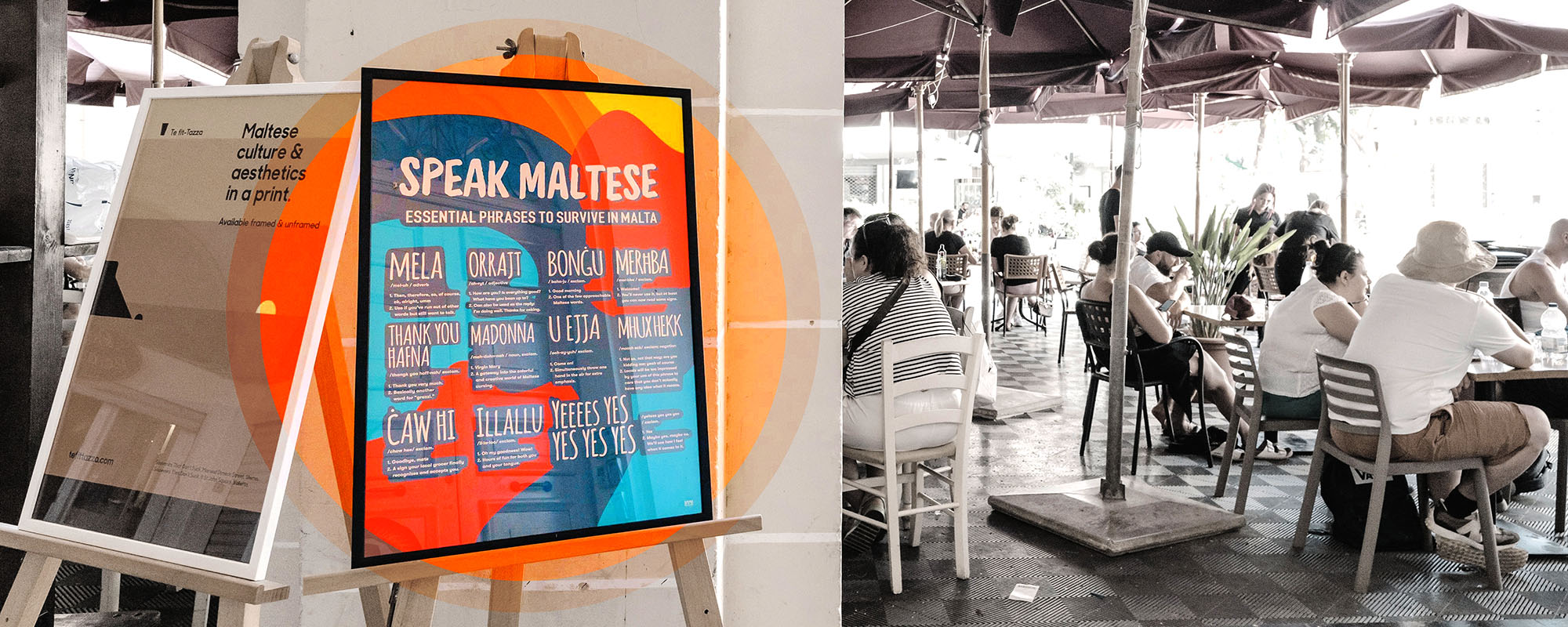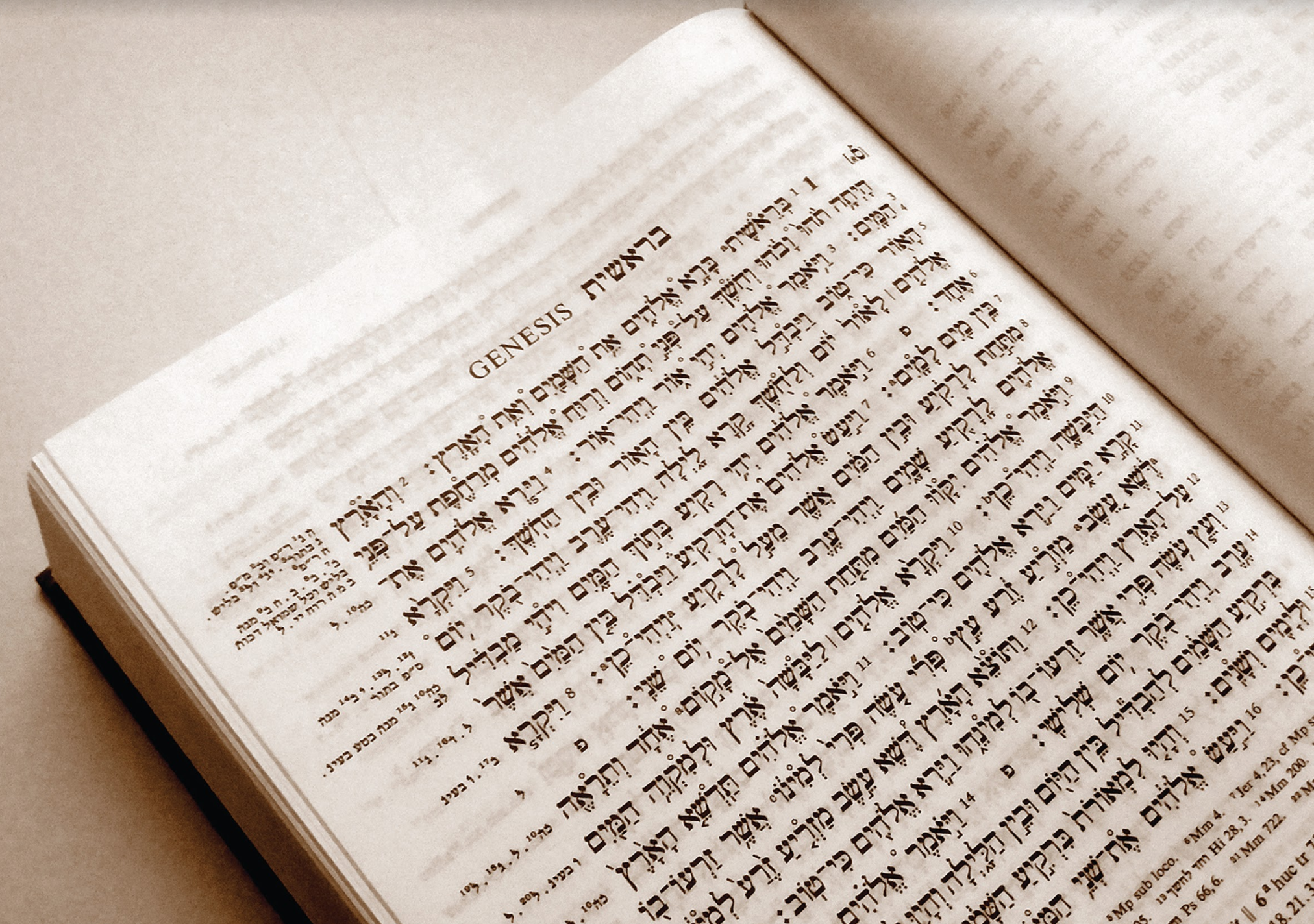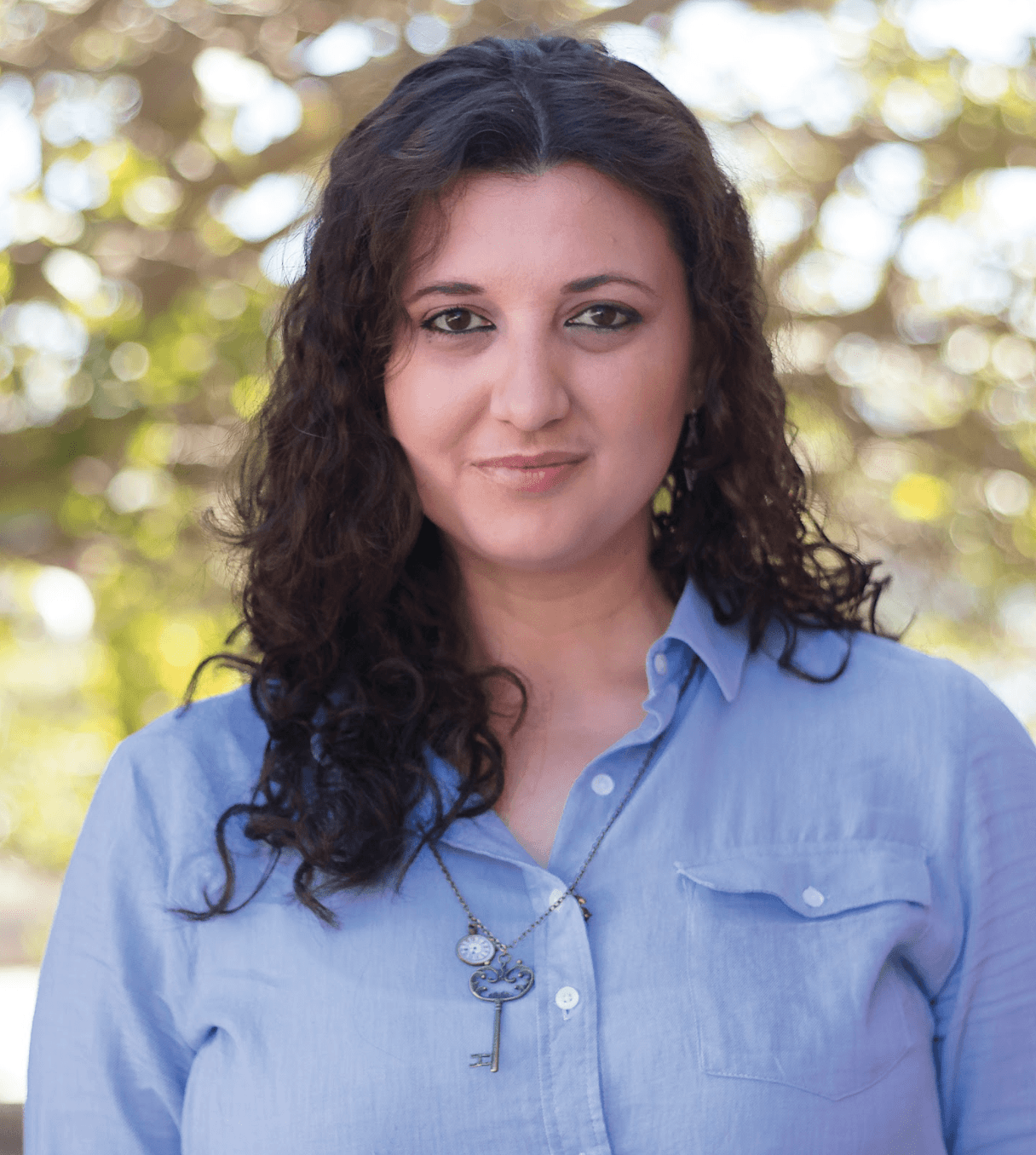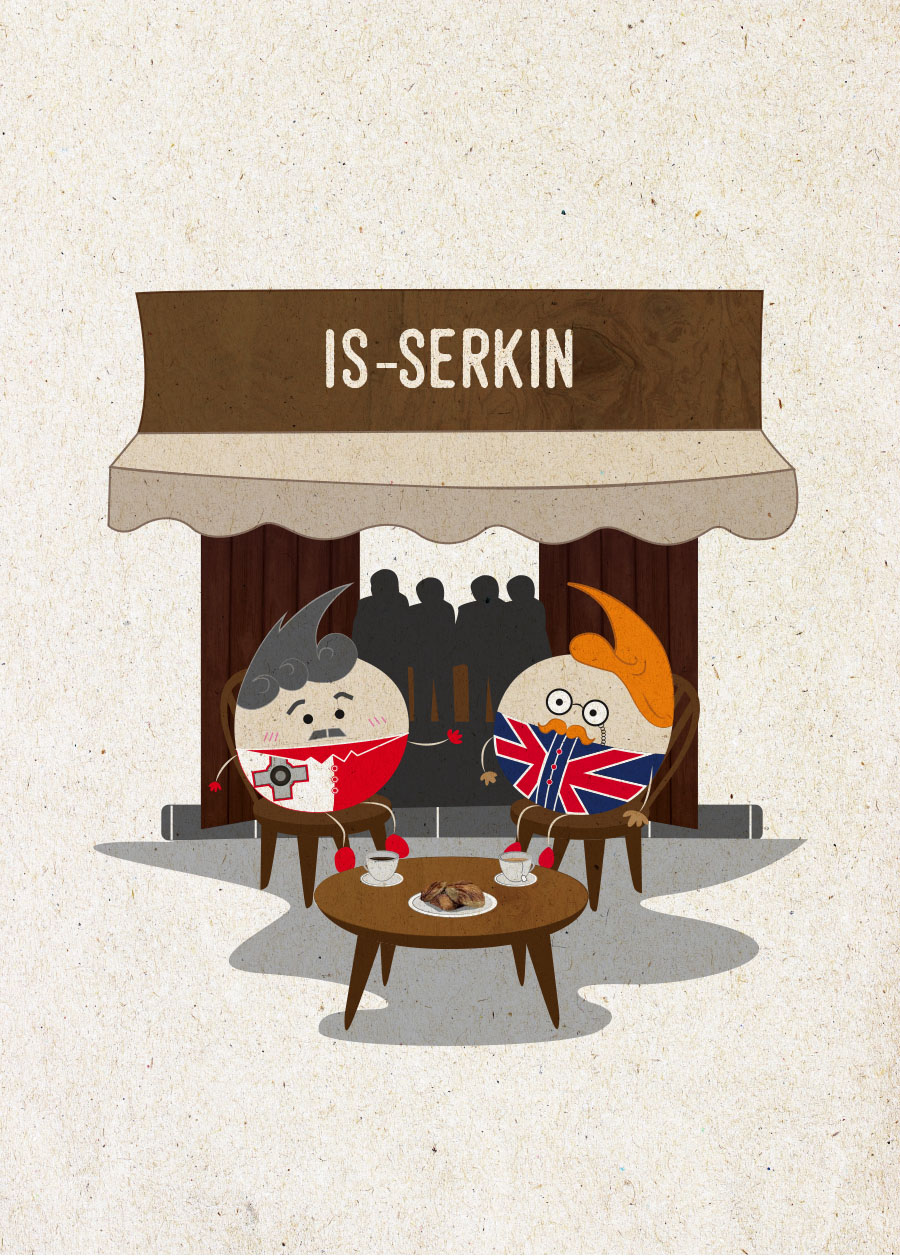Translation is both a science and an art with practical applications. Let’s explore how translation can address cultural and linguistic misunderstandings in the tourism industry.
Continue readingHow linguistics helped me power up my language
‘If you are a woman working in a traditionally male hierarchy, you have one of two choices: Quit or Masculinize’. Linguist Prof. Lydia Sciriha chose to end her keynote speech at the HUMS symposium with this quote from Pease and Pease (1999). As a curious scientist and keen observer of society, she has accumulated a plethora of personal stories to show how communication gaps solidify gender inequality. She shares them here with Daiva Repeckaite.
Continue readingThe language of <3
Can emojis replace words, or are they pretty decorations to our verbal communication? Latasha Barbara looks into the science behind our use of emojis.
Continue readingA scientist and a linguist board a helicopter…
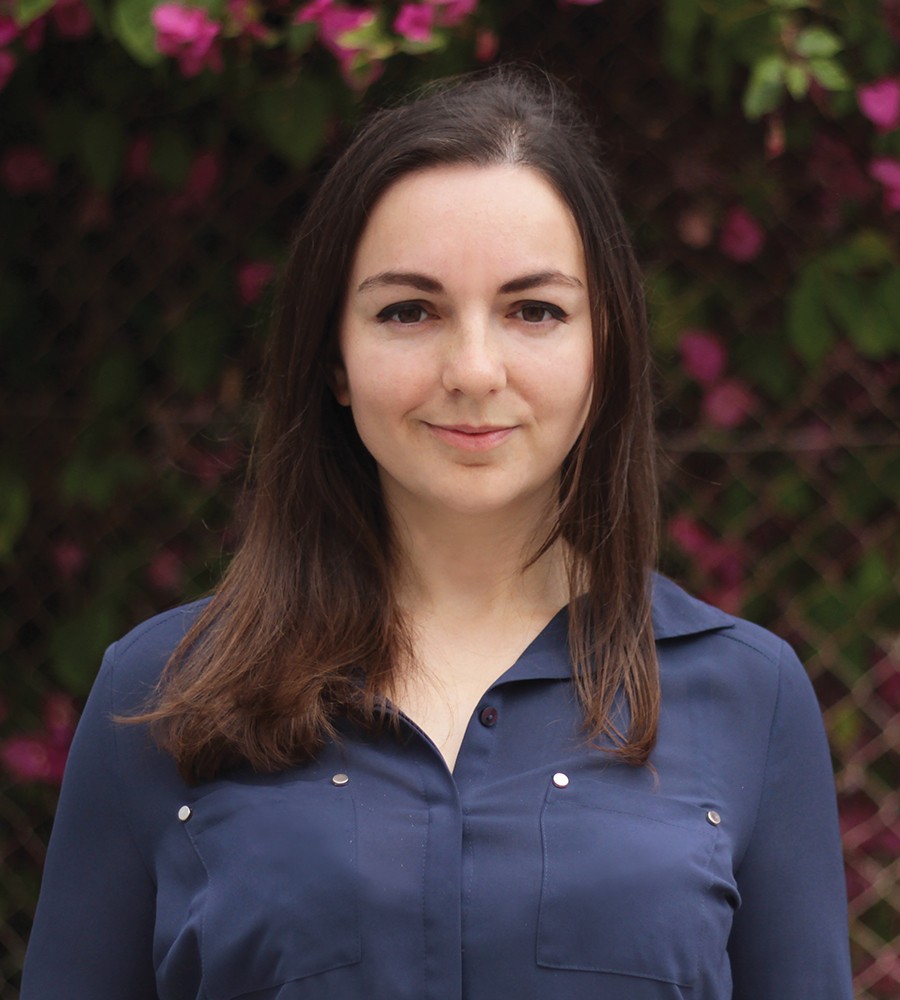
A scientist and a linguist board a helicopter, and the scientist says to the linguist, ‘What is the cornerstone of civilisation, science or language?’ It might sound like the opening line of a joke, but it’s actually from the opening sequence of the film Arrival (2016). In the film, aliens have landed on our doorstep, and our scientist and linguist have been chosen as suitable emissaries to establish contact. The scientist, perhaps wishing to size up his new colleague, then poses the question. Whose field has been more important to the advancement of the human race? Science or language?
In reality, they are both wrong (or both half-right). It is true that language was necessary for us to organise as a species, forming complex networks of cooperation over vast distances and time. Without specialising our efforts and collaborating, we could not have built our great structures, supported large communities, or migrated over all continents. Yet, without science, without improving our understanding of the natural world, we would still be at its mercy.
Science is the tool we use to change circumstance. When populations are dying from an infectious disease, we create a vaccine. When we’re unable to grow enough food to support ourselves, we develop a better strain of crop. When we struggle to transport materials over great distances, we create machines that will do it for us. Science is our secret weapon, transforming problems into possibilities. However, science alone means little. If innovation dies with its creator, who does it help? Science must be communicated to others before it can make a difference in any meaningful way.
It would be incomplete to bestow language or science with the title of ‘the cornerstone of civilisation.’ It was science communication that really drove our development. And I don’t just mean this in the external sense. After all, is the transfer of genetic information from one generation to the next not science communication? What are we but a biological game of Chinese Whispers, the message mutating through each host but somehow continuing to make sense over millions of years?
The human race not only benefits greatly from science communication; we are the product of it. It is embedded into our biological and cultural history. Proof that it is not just knowledge but the sharing of knowledge that is the real root of power.
Hopefully the aliens agree.
Author: Amanda Mathieson
Classical Hebrew undying
Classical Hebrew is the Hebrew of the Tanakh, the Jewish Scriptures, the very source of the Christian Old Testament. Its first appearance in the historical record dates back to the 10th century BCE, and like the other semitic languages from which it emerged, it was written from right to left and comprises only consonants. By the turn of the Common or Current Era, its use as a spoken language was quickly being superseded by Aramaic and Greek. A few centuries later it was a linguistic relic, its use limited to liturgical and literary contexts, not so different from the use of Latin much later in the Christian west.
‘Dead’ languages bring up the question of relevance. They are limited in their vocabulary, especially when compared to their contemporaries; the Classical Hebrew lexicon amounts to just about 10,000 words. Today, they could not be used for communication, on official documents, or for most conventional things. However, there is one function ancient languages fulfill in a far superior manner—interpreting ancient texts.
Modern translations cannot quite capture the nuance of ancient texts. Translators can only convey ideas after making countless choices in the understanding and rendering of words, all while being consciously or unconsciously guided by their own ideological leanings. Translations are essentially interpretative exercises. Armed with knowledge of the original language, a reader can identify the original authors’ ideology, emphasis, word order, and tone. All of these features could easily be lost in translation. For example, should the word ‘meshihu’ in Psalm 2:2 be translated as ‘his Messiah’ or ‘his Christ’ or ‘his Anointed One’? A choice needs to be made, and that choice does make a difference.
Archaeologists use the same concept when studying ancient artefacts, as do epigraphists, the specialists who study inscriptions. Understanding the inscribed language on items leads to a clearer, more colourful picture of its context and origins. The Malta Government Scholarship Scheme supported me in carrying out such an epigraphic study for my doctoral research at the University of Oxford. My project dealt specifically with a group of inscribed pottery sherds discovered at Lachish (modern Tell ed-Duweir) in Israel. Combined with an archaeological and contextual reassessment, these inscriptions provided valuable insight into the socio-political history of early 6th-century BCE Judah, including scribal culture and the mastery of the contemporary Hebrew language, as well as military operations and prophetic activity, all of which strike similarities with the Book of Jeremiah.
Studying Classical Hebrew can be a rigorous mental workout that instills an appreciation for detail: an insight useful across innumerable fields. Not only does it provide a solid foundation for Modern Hebrew, but it offers a fresh perspective for those wishing to read biblical texts in a critical manner. After all, the Bible remains an iconic cultural artefact in the western world, vital when discussing not only ideology but even cinema, literature, music, and art.
Ancient languages give a voice to our history and the people who shaped it, all the while providing food for thought for those in the present.
For more information: The Department of Oriental Studies (Faculty of Arts, University of Malta) offers study-units on Classical Hebrew grammar, syntax, and readings at undergraduate level.
Author: Dr Abigail R. Żammit
Smart search for Maltese legal professionals
Cassi Camilleri talks to Dr Albert Gatt and Prof. Gordon J. Pace about their efforts to make life easier for legal professionals across the island by digitising Maltese law through an app called Assiduity.
Mistakes versus creativity: Malta’s linguistic paradox
In Malta, diversity in language is both sought after and shunned. Some embrace change as creative and interesting, others admonish it as ‘incorrect’. Dr Sarah Grech dives into this paradox and wonders if a shift in perception can help see our languages flourish.
They say variety is the spice of life. Cliche? Maybe. But also very true—especially when it comes to language.

